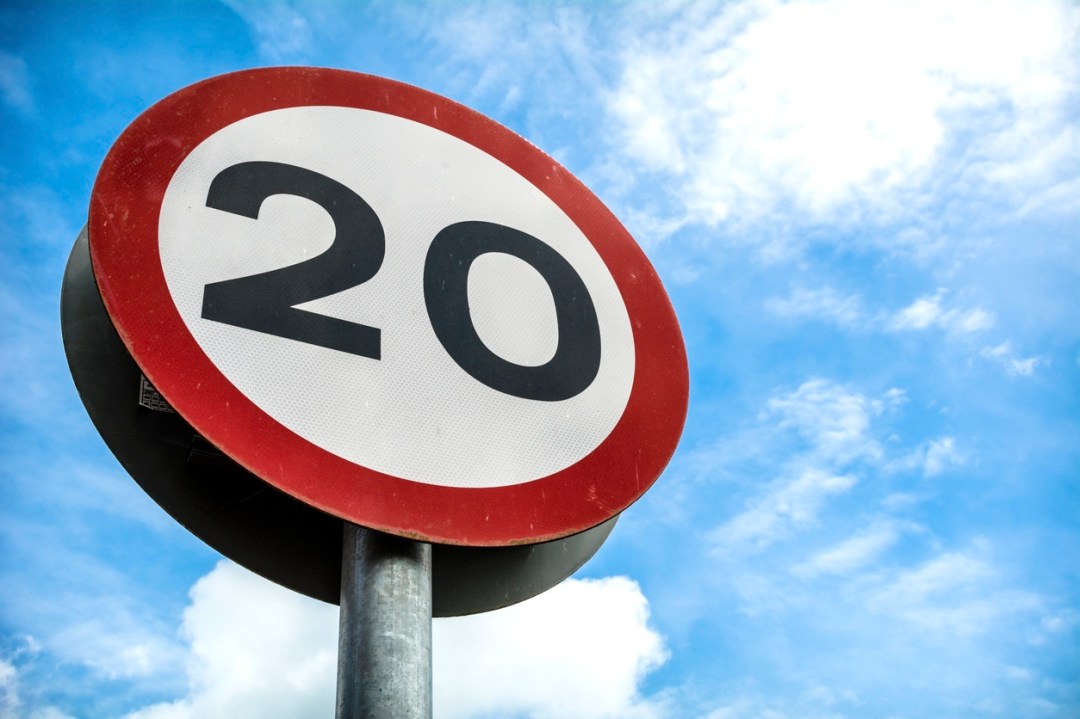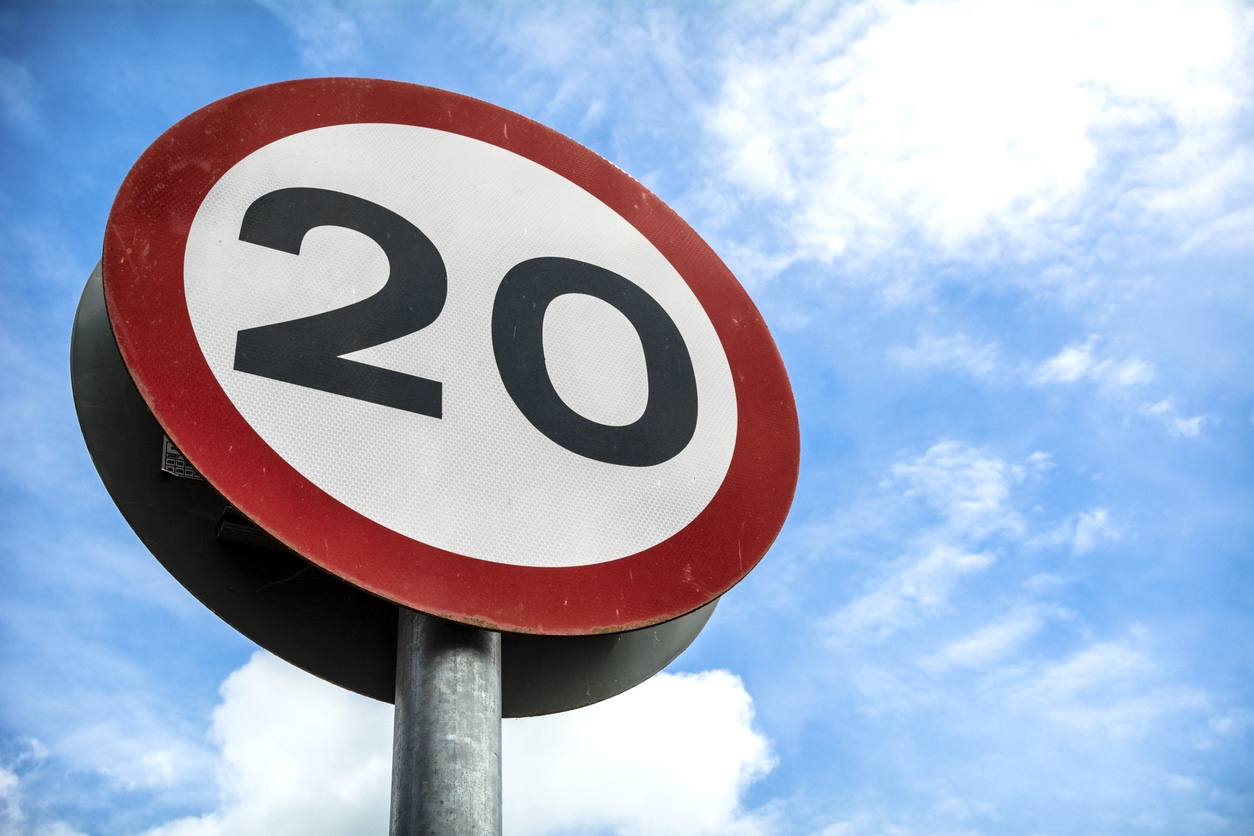I was still thinking about the film when I came out of the cinema and got into my car. I can’t have exceeded 28mph. On this wide, well-lit, almost empty London road at midnight, it was hardly reckless. Nevertheless, this stretch of road is one of hundreds to have had their speed limits reduced from 30mph to 20mph. Had I driven past a camera while reflecting on the ambiguous ending of All Of Us Strangers? I now face an anxious few weeks waiting to find out. When I mentioned this to friends I discovered this anxiety is now a common experience.
The last time I got the dreaded speed camera letter in the post was for going at a breakneck 22mph
Take my friend David. Last year he moved to east Sussex. The drive between the capital and his new home has seen him accrue nine penalty points in as many months. If he does it again, he will be banned from the road for a year at least. The train journey to work would take him two hours each way – five days a week. Meanwhile my friend Rick is smarting from being fined £304 – and receiving three points – for driving at 3mph over the speed limit.
The pair’s driving habits haven’t changed but the rules have: all these infringements happened on roads that used to have a 30mph limit but have recently been reduced to 20mph. The last time I got the dreaded speed camera letter in the post was also for going at a breakneck 22mph. For this I was required to spend four hours atoning in an online speed awareness course to avoid points. Another friend has a car that allows him to set a limit to stop involuntary speeding – but it only works over 25mph. He’s on his own on the mean 20mph streets of London.
The first speed reduction I heard of was a decade ago on Tower Bridge, close to my office at the time. Britain’s most scenic speed camera quickly caught a number of colleagues exceeding 20mph while crossing the Thames. Word soon went round. But despite these verbal warnings and the many 20mph signs, plenty more still got done: they could stay under the new limit 100 times but then on the 101st crossing they’d be mentally absent, speed up, and get caught on camera.
To be clear, I don’t disapprove of these new, lower limits. I’ve seen too many dead cats and worried about too many school-bound children to fail to see their purpose. My issue is not the limit being reduced but with the disproportionality in the way this is enforced. I suspect that this applies particularly to older drivers.
I qualified to drive in 1985. I think I had driven 250,000 miles on UK roads before a 20mph limit was ever considered. My driving is habitual. My sense of speed awareness has built up from real road experience, not from the badgering of some online course leader on his laptop in Stevenage. My daughter only passed her driving test last October and my son is taking his next month. It will be much easier for them to avoid speeding than it is for my friends and me. It’s been part of their training.
Meanwhile both my parents still drive but wouldn’t dream of trying to do so in London these days. They’d be disqualified in an afternoon – and heaven help them if they tried to park anywhere: ‘Text your location to this number or install the app to pay’ etc.
When you only have 12 points to play with, a deduction of three for driving at barely over 20mph is manifestly disproportionate, especially if paired with a £300 fine. One point would be reasonable (unless there were exacerbating circumstances) until we’ve all become a bit more familiar with the new rules. Otherwise, taking away the licences of people like David seems arbitrary and cruel.
This article is free to read
To unlock more articles, subscribe to get 3 months of unlimited access for just $5








Comments
Join the debate for just £1 a month
Be part of the conversation with other Spectator readers by getting your first three months for £3.
UNLOCK ACCESS Just £1 a monthAlready a subscriber? Log in